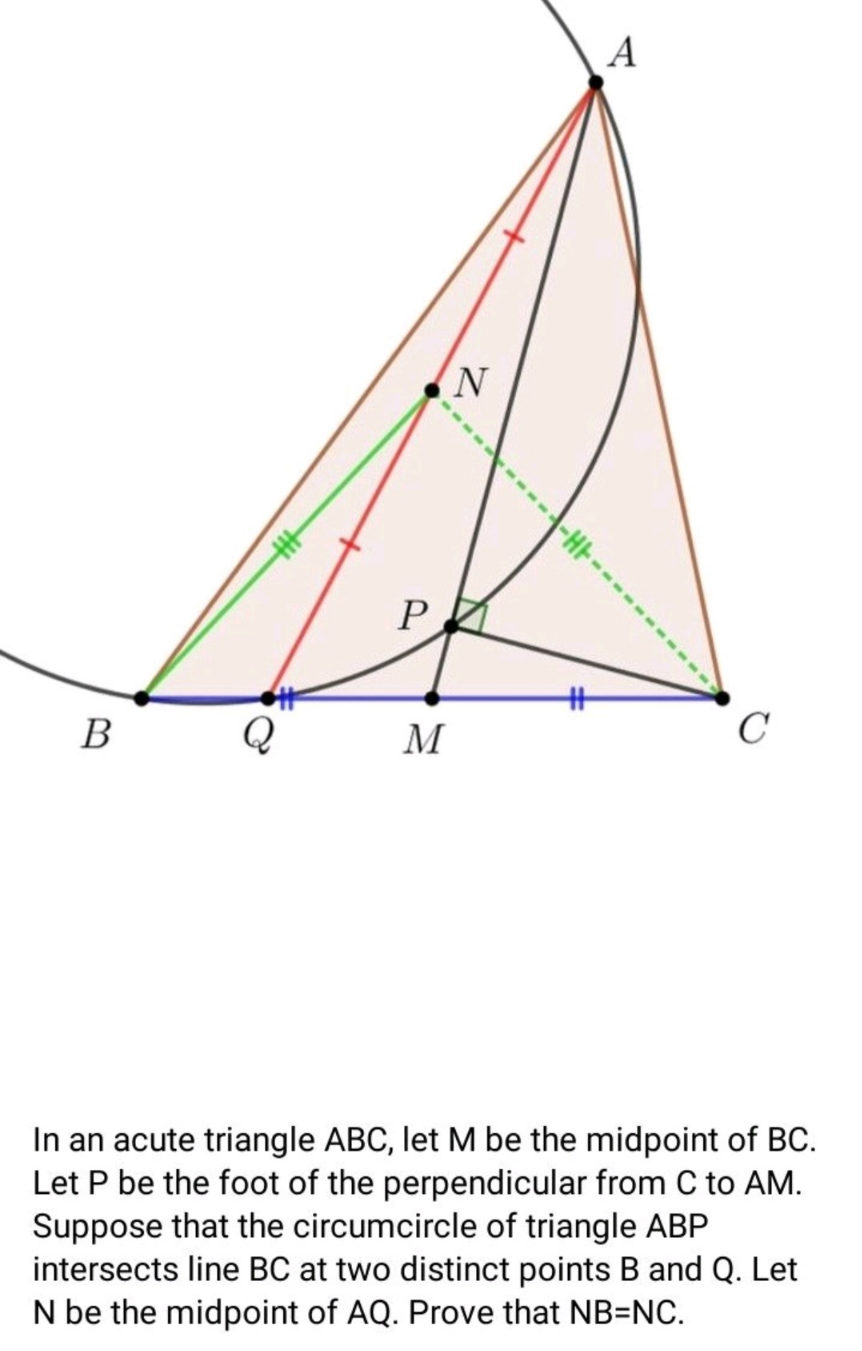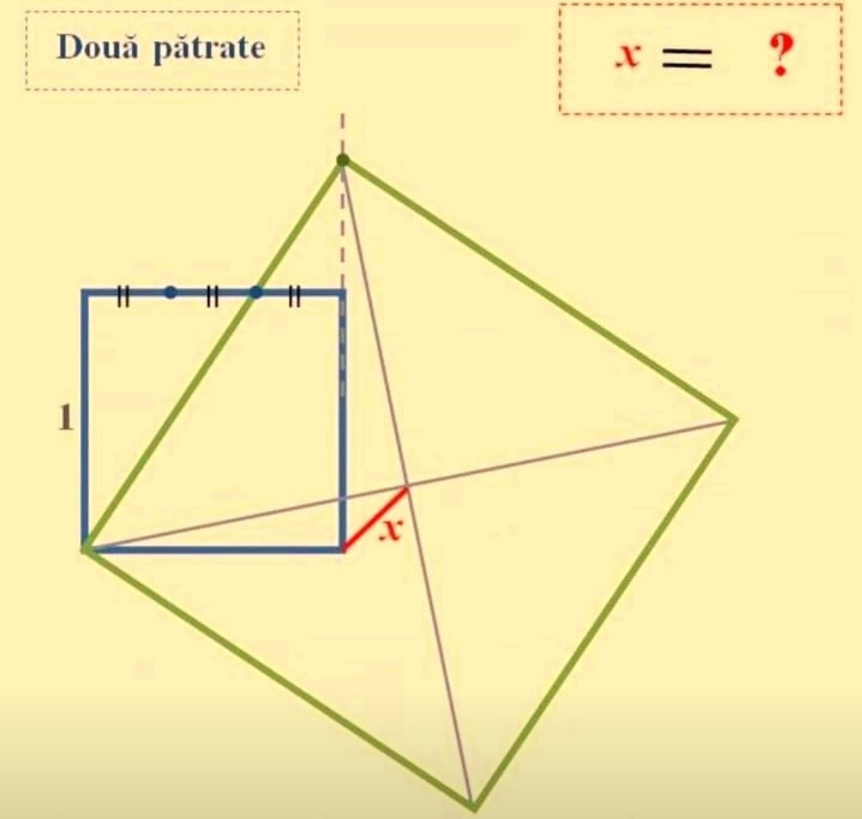
AllQuestion and Answers: Page 322
Question Number 190038 Answers: 1 Comments: 0
Question Number 190035 Answers: 1 Comments: 0
Question Number 190034 Answers: 3 Comments: 0
Question Number 190032 Answers: 4 Comments: 0
Question Number 190027 Answers: 1 Comments: 0
Question Number 190025 Answers: 1 Comments: 0
Question Number 190024 Answers: 1 Comments: 0
Question Number 190022 Answers: 1 Comments: 2
Question Number 190017 Answers: 0 Comments: 0

Question Number 190009 Answers: 0 Comments: 2

Question Number 190006 Answers: 0 Comments: 0

Question Number 190005 Answers: 0 Comments: 0

Question Number 189998 Answers: 2 Comments: 0
Question Number 189989 Answers: 1 Comments: 0

Question Number 189986 Answers: 1 Comments: 0

Question Number 189984 Answers: 0 Comments: 0

Question Number 189980 Answers: 1 Comments: 0

Question Number 189977 Answers: 1 Comments: 0

Question Number 189976 Answers: 2 Comments: 0

Question Number 189975 Answers: 1 Comments: 0

Question Number 189973 Answers: 3 Comments: 4

Question Number 189971 Answers: 1 Comments: 0

Question Number 189970 Answers: 1 Comments: 0

Question Number 189965 Answers: 3 Comments: 0

Question Number 190021 Answers: 0 Comments: 0
Question Number 190019 Answers: 1 Comments: 3

Pg 317 Pg 318 Pg 319 Pg 320 Pg 321 Pg 322 Pg 323 Pg 324 Pg 325 Pg 326
